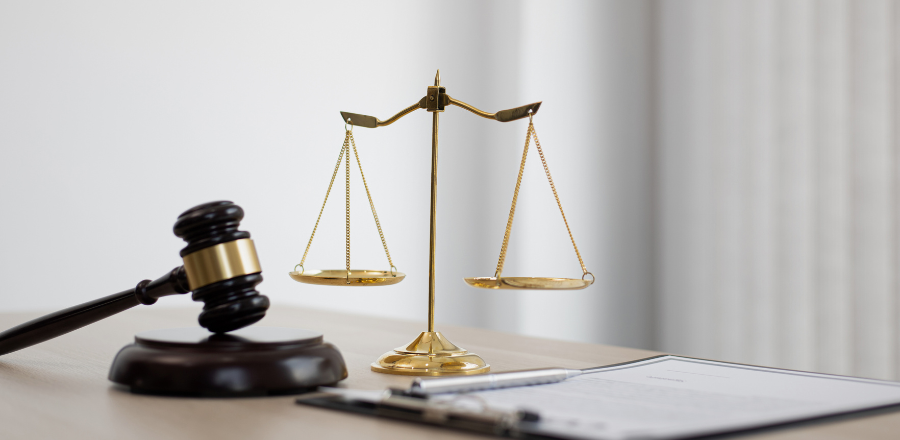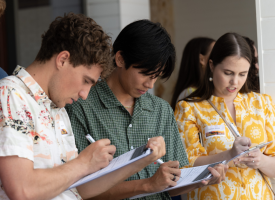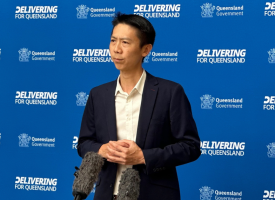Best reform for youth justice and child wellbeing is raising the criminal age across Australia
In a submission to an Australian Human Rights Commission investigation into possible reforms to youth justice, the Australian Medical Association has called on Australia’s Attorney-General to show leadership by encouraging his state and territory counterparts to raise the age of criminal responsibility from 10 to 14.

AMA President Professor Steve Robson said child incarceration in Australia is a national problem that requires a nationally consistent response.
“This is an opportunity for the Attorney-General, Mark Dreyfus, to show leadership by encouraging state and territory attorneys-general to raise the age to 14,” Professor Robson said.
“The medical evidence is clear, jailing harms children mentally and impairs their physical development and the younger the child is at first contact with the legal system, the higher the rate of recidivism.
“We cannot accept a stepped approach of raising the age to 12 — let’s remember that children this age are still in primary school — 14 is the absolute minimum age that we should set criminal responsibility.
“Countries comparable to Australia don’t lock their children up. We really should be ashamed to know that right now there will be around 4,500 children as young as 10 under youth justice supervision in Australia.
“10-year-olds are in year four and year five at school, they still have baby teeth, some still need booster seats in the car and at school they have to earn a pen license. They should not be in jail, no matter where they live in Australia or whatever their personal circumstances may be.”
The AMA’s submission also highlights the disproportionate number of Aboriginal and Torres Strait Islander children in detention, making up almost half of all the 10–17 years olds in detention (despite making up only 6 per cent of the population in this age group).
“Our submission highlights culturally appropriate programs that are succeeding in diverting young people away from the legal system, like the Walali Bili program in Rockhampton or the Tirkandi Inaburra program in the NSW Riverina where at-risk Aboriginal boys aged 12-15 go on a cultural residential with elders on country.
“There are far better alternatives than prison walls for young Australians. It is time for the states and territories to stop locking these children up, because ‘out of sight out of mind’ is not how we should be approaching youth justice policies.”
Read the AMA’s Submission
Read more about the Human Right Commission consultation
Read the AMA’s Position Statement on custodial health



